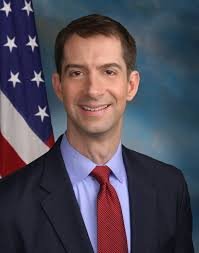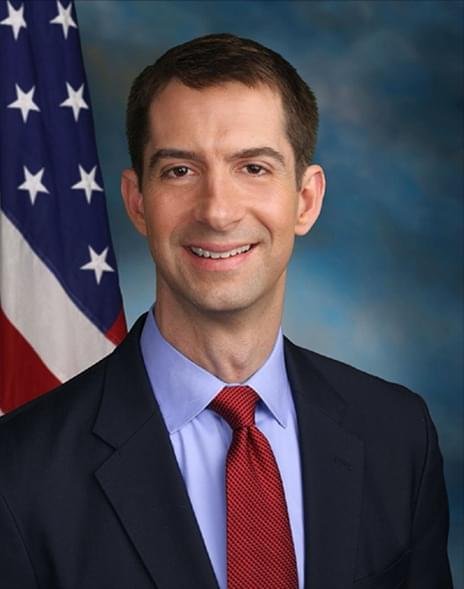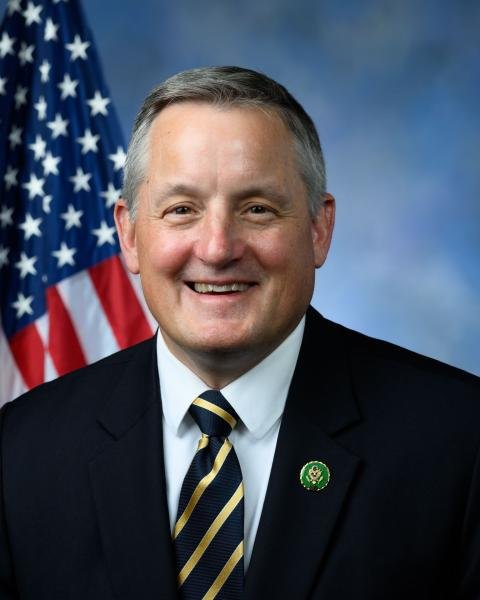Watson was born at his family’s home in Craighead County in 1946. He still calls the area home.
He attended Arkansas State University and spent many hours in the radio and TV department on a work scholarship. He recalled how his limited knowledge of classical musicians led him to mispronounce the names of well-known composers.
“I may as well laugh about it now because it was really funny, but I had a very supportive group of people here,” he said.
Watson also participated in ROTC while at Arkansas State. However, his grades weren’t good enough to get a deferment so, after more than two years of college, he was drafted.
The news was hard on his family. Watson said his dad was a supporter of the military, but he paid attention to the news and knew the dangers ahead for his son.
“He was pretty much up to date on what was going on in Vietnam and he was scared to death for me.”
Watson went to Fort Polk, Louisiana for basic training and said his ROTC experience made him better prepared than most other draftees. He was recognized as the best trainee of the cycle in his unit.
Following basic training, he went to Fort Ord, California for one week then to combat engineering training at Fort Leonard Wood, Missouri.
Watson was able to return home and earn some money at a local job before resuming duty at Fort Lewis, Washington where he shipped out to Vietnam.
While deployed, he served as a combat demolitionist.
“There were nights on end that we had mortar attacks. In fact, I have a flag that has holes in it, that I had put up on a bamboo pole on top of my bunker. We were sleeping in trenches on the ground with steel matting over the top of that and sandbags on top of that. And I had stuck this flag up and a mortar hit our hole, it didn’t hit any of us, it dispersed,” he said.
Watson spent 50 weeks in Vietnam. He rotated out two weeks early because he was saving money to be married and had unused vacation days. However, the time overseas took a toll.
“Those around me know I came back a different person,” he said “I was somewhat different. I will say a little harder, harsher,” he said.
Once back in the U.S., he still had time remaining on his two-year commitment so he was stationed at Fort Hood, Texas in an armored unit.
Watson said part of his commitment included serving in the reserves once he left active duty. He remembered a conversation with an officer who served in Vietnam during the same time he was there about re-enlisting. He learned even the officer had no interest in continuing his military service.
With encouragement from Army officials, Watson decided to apply for an early separation so he could return to school in Arkansas.
He acknowledged the support of Arkansas State Professor Charles Rasberry, a Navy veteran, for helping him finish his degree.
“He made sure I took classes that were in my chosen field and helped me out a lot.”
Watson said military service changed his attitude, but he would do it again.
“If you see a veteran, thank them for their service,” he said.
Reflecting on his time in the service, he recalled a conversation he overheard with a veteran who was being thanked “His response was ‘Thank you, you’re worth it.’ And I’ve adopted that. That’s how I respond.”
The one thing he wishes could be different is how civilians view the men and women who wore our nation’s uniform.
“If they knew what a veteran goes through, if they knew what a veteran lives with, I think they’d view us differently.”
“Ed Watson honorably served our country. Like many others of his generation, his military service shaped his life and appreciation for the unique experiences of those who spend time in our military. His story is an important piece of a larger narrative that helps us understand our own history. I’m pleased to recognize his selfless sacrifice and preserve his memories,” Boozman said.
Boozman submitted Watson’s entire interview to the Veterans History Project, an initiative of the Library of Congress’s American Folklife Center to collect and retain the oral histories of our nation’s veterans.






















